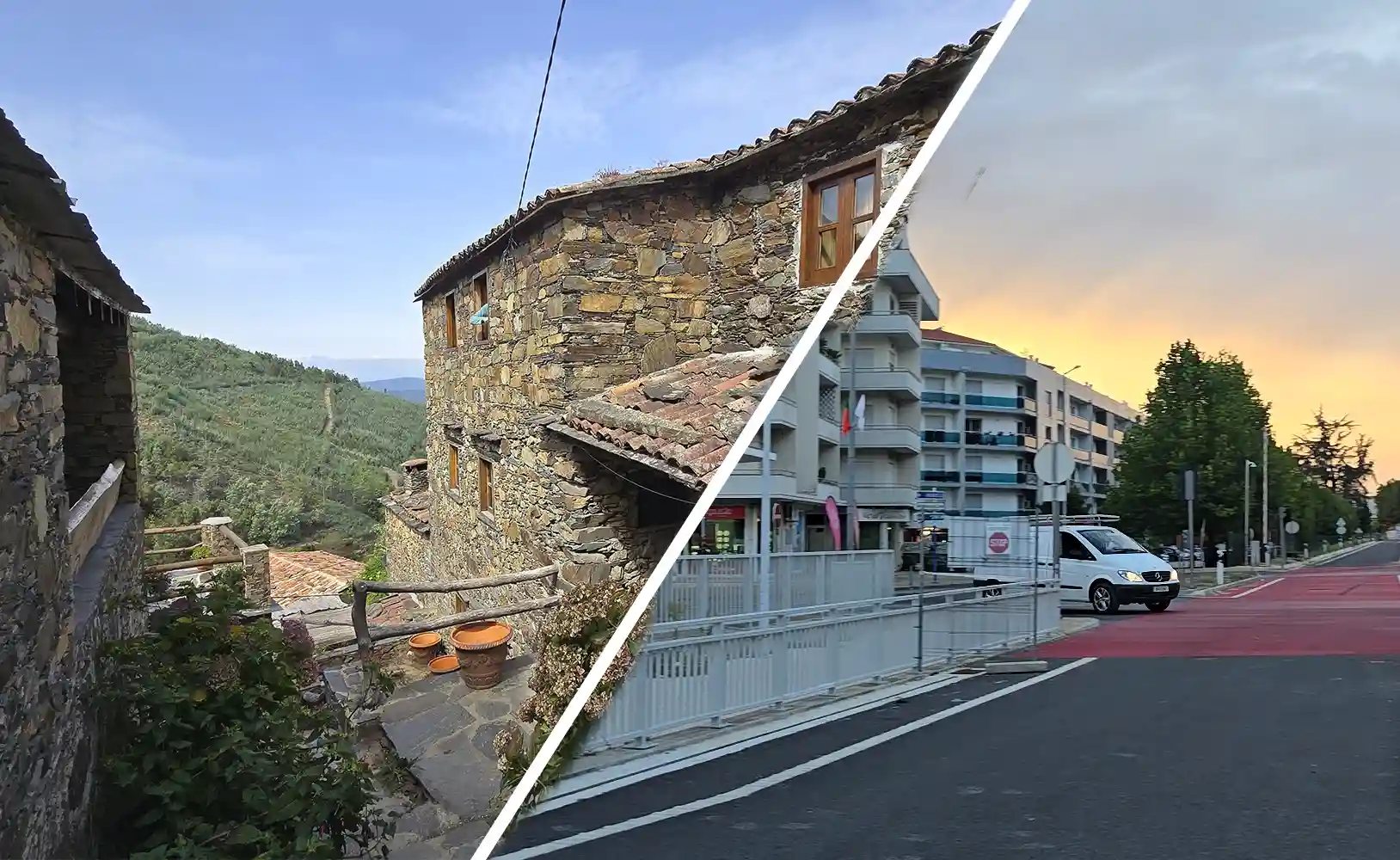Portugal has made several adjustments to its immigration and residency rules in 2025. For many expats, these changes have raised questions about how the system now works and what documents are required. Below is an overview of the most recent updates as of September 2025, explained in simple terms.

A New Immigration and Nationality Agency
One of the most notable developments is the creation of a new in-person immigration service. This new agency centralizes many processes that were previously split between separate institutions, such as the General Registry Services and IMA (Immigration and Asylum Institute).
The goal is to streamline services related to nationality and immigration, reduce delays, and improve efficiency. While an online submission system has also been introduced to speed up document renewals and applications, feedback so far suggests that improvements are still gradual.
New Requirement: Declaration of Honor for Rentals
Applicants using a rental contract as proof of residence must now provide a Declaration of Honor. This signed document confirms that:
- The rental is legal.
- The property owners are legitimate.
- Both tenant and landlord agree to the contract terms.
While some consider this requirement redundant—since contracts registered with Portugal’s tax authority (Finanças) are already legally binding—the measure was introduced to curb informal rental agreements. Fortunately, the declaration is simple: it requires signatures from both the landlord and the tenant and is submitted along with the visa paperwork.
Additional Documentation for EU Citizens
EU citizens have always had a simpler process compared to non-EU nationals. They can move to Portugal and later register their residence at the local parish council (Junta de Freguesia) within three months of arrival.
Previously, this process required only proof of address. Now, proof of income and additional documentation are also required. Authorities introduced this measure to ensure that new residents:
- Have the financial means to support themselves.
- Live under adequate housing conditions (preventing overcrowding in rentals).
This means EU citizens should be prepared to present employment contracts, proof of savings, or other income documentation when registering their address.
NHR 2.0: The New Tax Regime
One of the biggest changes in 2025 has been the transition from the old Non-Habitual Resident (NHR) tax program to a new one, launched in January 2025.
The original NHR offered broad tax benefits, including a 20% flat tax rate for many professions and exemptions on most foreign-sourced income, including pensions. It applied for 10 years and attracted thousands of expats.
The new NHR 2.0 is much more restrictive and focuses on:
- Highly qualified professionals in scientific, technological, and innovation sectors.
- Employees working for Portuguese entities with a substantial economic presence, such as certified startups, research centers, or companies under investment incentive programs.
- Exclusion of freelancers or remote workers employed by non-Portuguese companies.
- Exclusion of pension income from tax exemptions.
In short, the benefits are now limited to specialized professionals working in specific industries tied to Portugal’s economic development goals.
The Bigger Picture
These new measures reflect Portugal’s attempt to balance welcoming expats with maintaining sustainable immigration policies. International rating agencies have pointed out that immigration has been essential in supporting the job market and addressing Portugal’s aging population. However, the government is also seeking to prevent loopholes, informal housing arrangements, and uncontrolled inflows that strain public services.
So far, the actual impact of these measures has been moderate. Many of the changes—such as requiring proof of income or a declaration of honor—are administrative adjustments rather than major barriers. The biggest shift lies in the end of the old NHR program, which significantly narrows tax advantages for new arrivals.
Key Takeaways for Immigration
- Expect more paperwork when registering addresses, whether you are from the EU or outside it.
- Rental agreements must now include a Declaration of Honor, signed by both parties.
- The new immigration agency aims to streamline services, but processing delays may still occur.
- NHR 2.0 is only available to a limited group of highly skilled professionals.
Final Thoughts
Portugal remains an attractive destination for expats thanks to its climate, quality of life, and relatively affordable cost of living compared to other Western European countries. While the immigration framework has tightened, most of the new rules are manageable with proper preparation.
For anyone considering moving to Portugal, staying updated on these policy changes is essential. With the right guidance, the process can remain smooth and stress-free.
Savvy Cat Realty is on your side to provide you with the best guidance and support throughout your rental or buying process. Book your free clarification call today or reach out to us at contact@savvycatrealty.com to start your amazing journey to Portugal.







